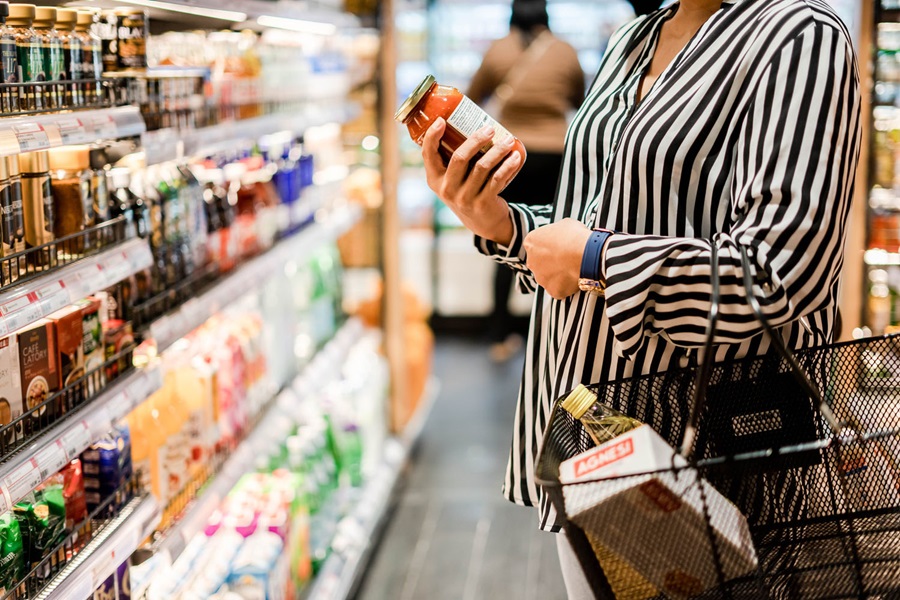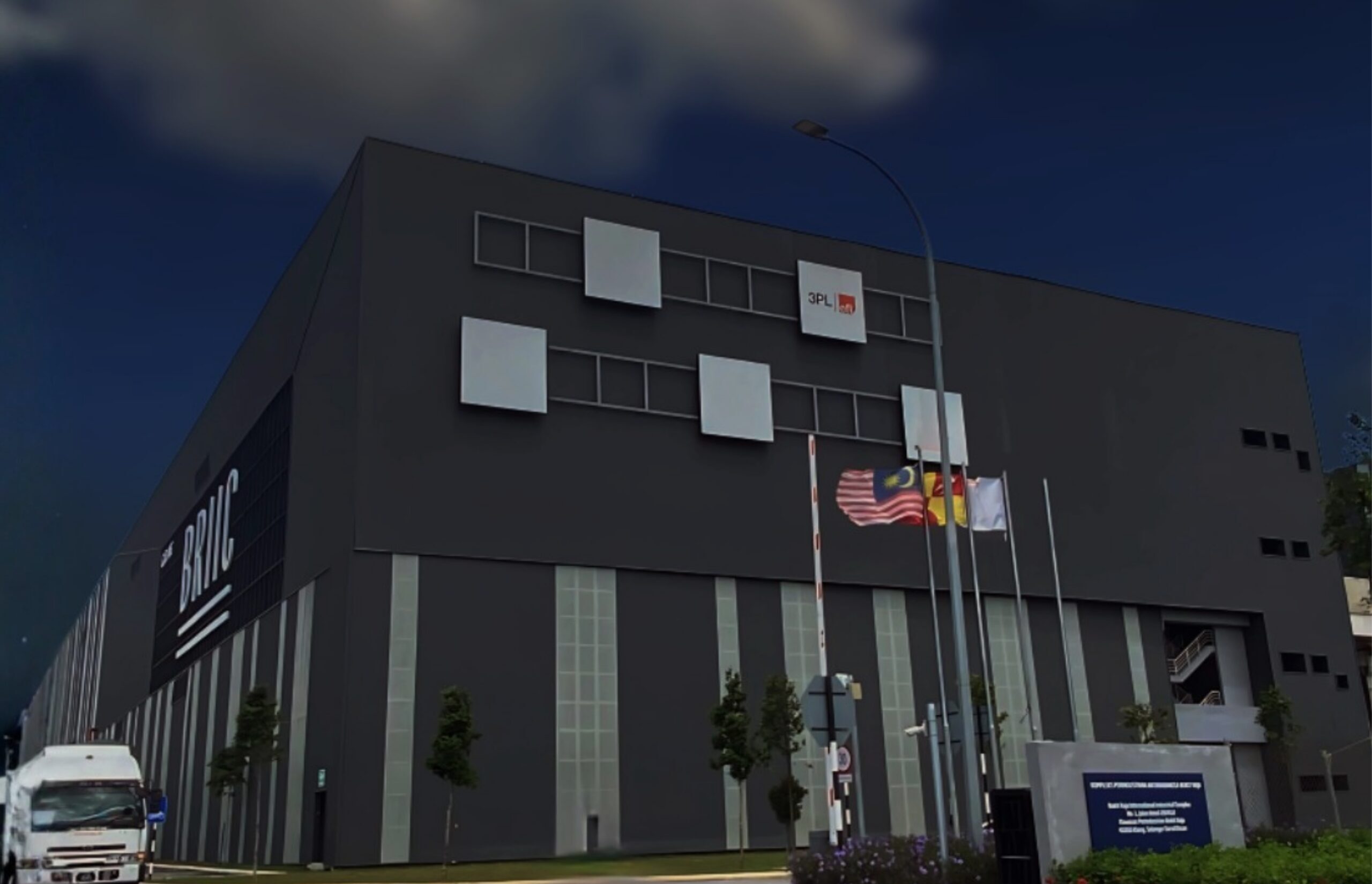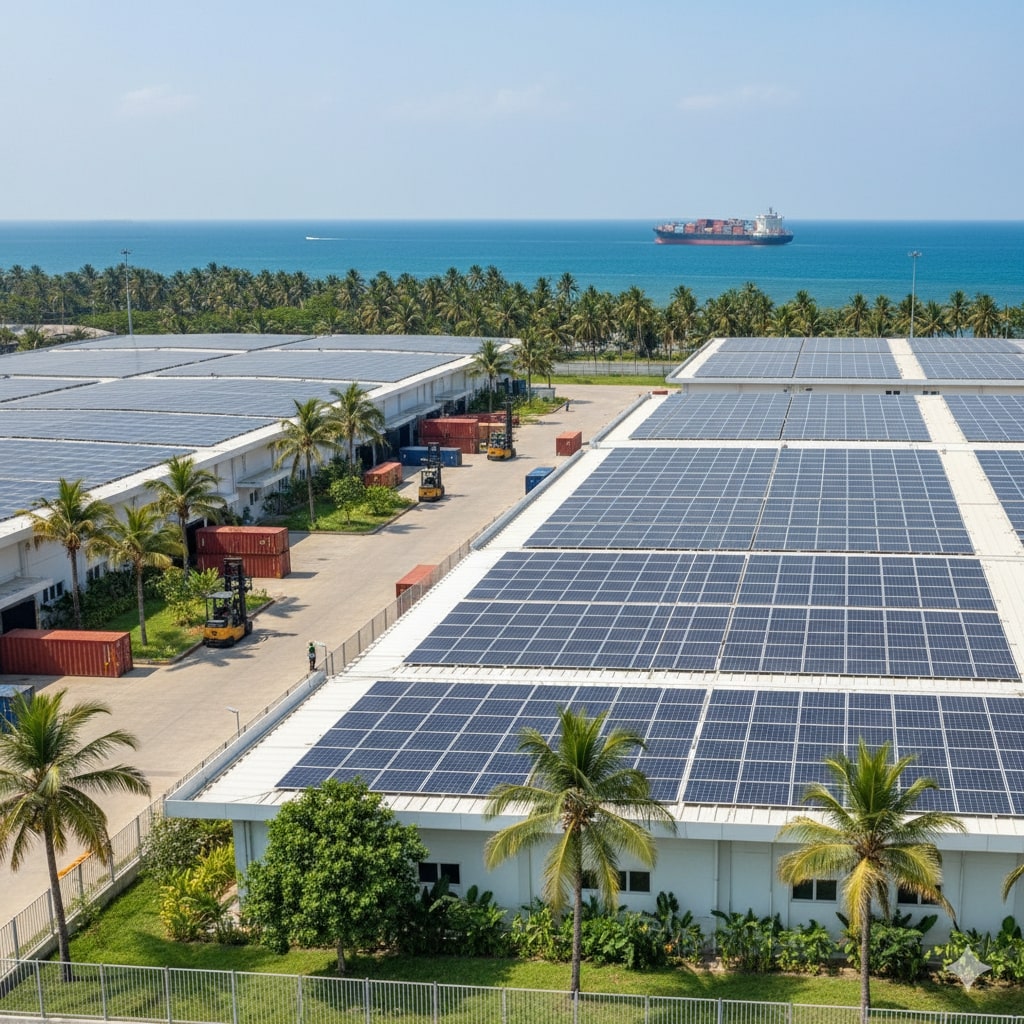Adapting FMCG Supply Chains to Support the Growing Demand for Organic and Sustainable Products: The Role of 3PL Providers

In today’s market, the surge in consumer preference for organic and sustainable products is reshaping the Fast-Moving Consumer Goods (FMCG) landscape. To effectively meet this growing demand, FMCG companies must reimagine their supply chains to prioritize sustainability, efficiency, and product integrity. In this context, Third-party Logistics Providers (3PL) play a critical role by offering specialized services that cater to the unique needs of organic and sustainable FMCG products.
When an FMCG brand commits to offering sustainable products to its consumers, it’s crucial that this commitment extends throughout the entire supply chain. However, many brands focus primarily on the sustainability of the product itself, often neglecting the broader impact of the supply chain. This oversight can result in a product that, despite its sustainable origins, loses its environmental integrity by the time it reaches the consumer. Partnering with a reliable 3PL service provider that offers sustainable supply chain solutions ensures that products not only meet quality standards but also maintain their eco-friendly promise from production to delivery.
As a leading sustainable 3PL provider in Sri Lanka, EFL 3PL ensures that the sustainability of FMCG products is preserved from start to finish. We understand that true sustainability requires a supply chain that is fully aligned with the brand’s eco-friendly commitments. Our holistic approach incorporates sustainable practices across warehousing, transportation, and inventory management, ensuring that every step in the journey of your product is as environmentally responsible as the product itself. By partnering with EFL 3PL, FMCG companies can ensure that their products remain sustainable throughout the entire supply chain, reinforcing their commitment to a greener future.
Moreover, 3PL warehousing service providers are at the forefront of promoting sustainable supply chain management by implementing cutting-edge technologies and processes. These providers increasingly utilize eco-friendly practices, such as energy-efficient transportation, automated warehousing systems, and sustainable packaging solutions. These innovations not only minimize the environmental impact of logistics operations but also align seamlessly with the sustainability goals of FMCG companies, making 3PL providers indispensable partners in building greener supply chains.
Additionally, sustainability in the supply chain extends beyond storage solutions. It encompasses eco-friendly transportation, sustainable packaging, and responsible sourcing practices. Collaborating with experienced FMCG logistics companies in Sri Lanka ensures that these sustainable practices are seamlessly integrated into their supply chain. These companies are adept at managing the complexities of organic product logistics, from sourcing raw materials to delivering finished products to retailers.
In the bustling hub of Colombo, numerous logistics companies in Colombo offer comprehensive services that support sustainable FMCG supply chains. These logistics companies leverage their local expertise and strategic infrastructure to create efficient distribution networks, reducing transit times and minimizing carbon footprints. Their ability to handle end-to-end logistics operations makes them invaluable partners for FMCG brands aiming to enhance their sustainability credentials.
Furthermore, 3PL providers offer scalability and flexibility, allowing FMCG companies to adapt to fluctuating market demands without compromising on sustainability goals. By outsourcing logistics to specialized logistics companies, FMCG brands can focus on their core competencies, such as product innovation and marketing, while ensuring that their supply chains are robust and environmentally responsible.
In conclusion, 3PL providers are pivotal in adapting FMCG supply chains to meet the growing demand for organic and sustainable products. By leveraging the expertise of FMCG logistics companies in Sri Lanka, FMCG companies can deliver on their sustainability promises, from production to the final consumer, thus supporting a more sustainable and responsible future for the industry.





